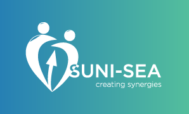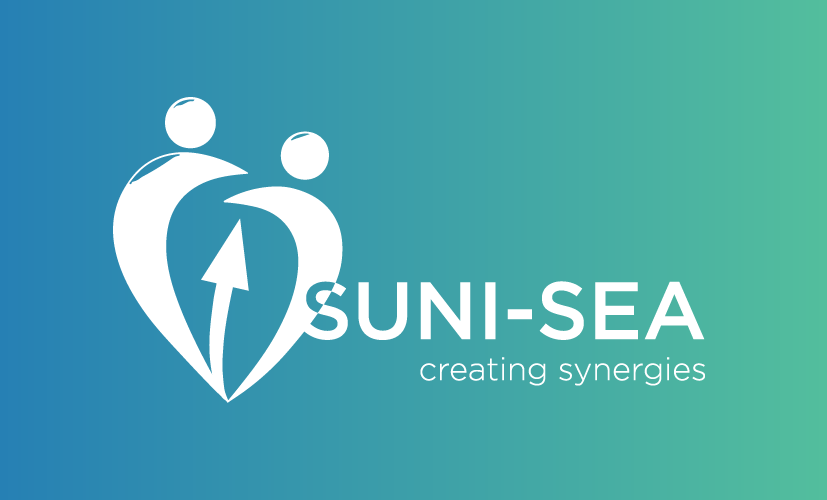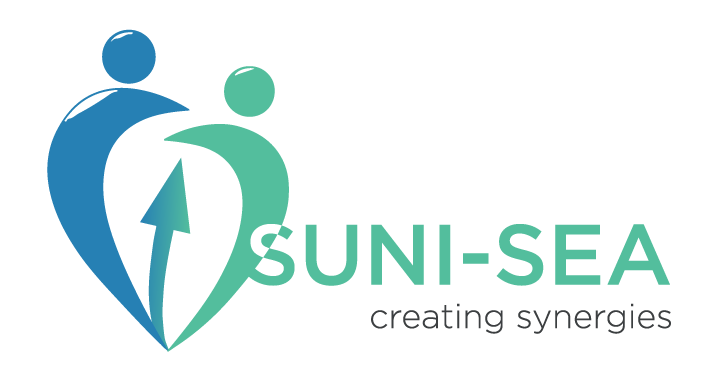The aim of the community level interventions of the SUNI-SEA project are to build the skills of community based intergenerational self-help group (ISHGs) volunteers, so that they are equipped with the right skills to conduct health screening for community members, identify people with NCD risk factors and refer people with risks to a health facility; and to conduct health promotion events to increase awareness about a healthy lifestyle and strengthen self-care practices.
On 1 February 2021, the Myanmar government was overthrown by a military coup, and later that same year, the COVID-19 pandemic brought increased challenges and devastation to the Myanmar population. This situation prevented the project team from travelling to the community or implementing in person trainings or meetings. In addition, at this time a large number of people reported to be stressed and had feelings of helplessness. The HelpAge international rapid need assessment survey conducted in 2021 also found that “The military coup added additional pressure to the lives of people who already reported feelings of stress and anxiety. Respondents reported fearing for their safety, and the safety of their family, friends, and neighbours (some expressing increased concerns about older people and children) amidst the increasing acts of violence and arbitrary detentions.”[1] This situation compelled the SUNI-SEA team to identify innovative ways to help people to developing coping mechanisms and maintain good mental health.
Following an exploration of options, the SUNI-SEA Myanmar team decided to provide psychological first aid (PFA) resources to the community to help them cope with their stress. The approach included providing PFA training to ISHG volunteers, who would then shared information about the PFA coping strategies in their respective community. To achieve this, the project team worked in collaboration with a mental health consultant to plan an online training and conduct a ‘training of trainers’ for the HelpAge Myanmar team who would then conducted the PFA training for ISHGs volunteers. The volunteers played a crucial role in providing PFA support to community members, and to enhance their readiness to respond to mental health issues during the crisis situation.
For the volunteer training, the World Health Organization[2] PFA guide for field workers was used as the main tool. Firstly, the team piloted the training to assess if it was feasible and inform adaptations. Before the pilot training, a hard copy of the PFA manual was delivered to ISHG volunteers. A Viber group was set up to share the training information and the Zoom training link. When the required resources and technology were ready, the PFA pilot training was conducted, facilitated by the project team and the mental health consultant. Following this a three and a half-day online training was completed in November 2021, via Zoom application with 12 ISHG volunteer participating.
Prior to the training, an introductory session was conducted to provide orientation on how to navigate Zoom, and had participants to practice using the platform. The training topics included the basic understanding of PFA – ‘what is and what is not PFA’, and ‘PFA principles’. Interactive training methods such as group work, role plays, video show, communication exercise, feedback session, presentations, and Q&A were also applied. The ISHGs’ role play session was able to capture the reality of the situation faced by older people. During the pre-training session we also had an opportunity to get to know participants and learnt more about their experiences. At the end of the training, participants demonstrated increased confidence with PFA knowledges and skills and were ready to provide PFA services in their community.
 According to the results of the training evaluation, participants’ feedback was very positive for both the training content and the facilitators. They found the training interesting and very useful in time of crisis. They also requested to conduct In-person trainings in the future, so that they could increase their participation in training activities. During the training one participant shared her overwhelming feelings of physical and mental illness, which further motivated the trainers about the importance of PFA training.
According to the results of the training evaluation, participants’ feedback was very positive for both the training content and the facilitators. They found the training interesting and very useful in time of crisis. They also requested to conduct In-person trainings in the future, so that they could increase their participation in training activities. During the training one participant shared her overwhelming feelings of physical and mental illness, which further motivated the trainers about the importance of PFA training.
The satisfactory results of this pilot training encouraged us to conduct more trainings. So, we are planning to provide 12 more sessions to the 225 ISHG volunteers from Mandalay and Ayeyarwady regions. When we complete all the trainings, the SUNI-SEA project will have made a strong contribution to the wellbeing of Myanmar communities during this crisis.
In addition, as part of the SUNI -SEA project, the team in Myanmar has integrated screening for mental health issues, in the design of a self-care mobile phone application, which also provides screening for hypertension and diabetes and promotion of self-care practices. The ‘NCDs and Mental Health Self Care’ application will be rolled out in early 2022.
With a more comprehensive intervention that considers both mental and physical health, this mobile application will provide people in Myanmar with a holistic approach to self care and support them to maintain their health through such challenging time.
[1] https://www.lift-fund.org/en/rapid-needs-assessment-effects-military-coup-older-people-myanmar
[2] http://www.who.int/mental_health/publications/guide_field_workers/en/







